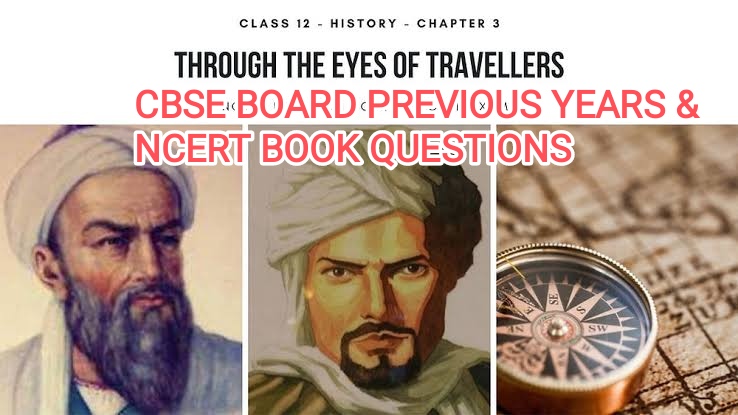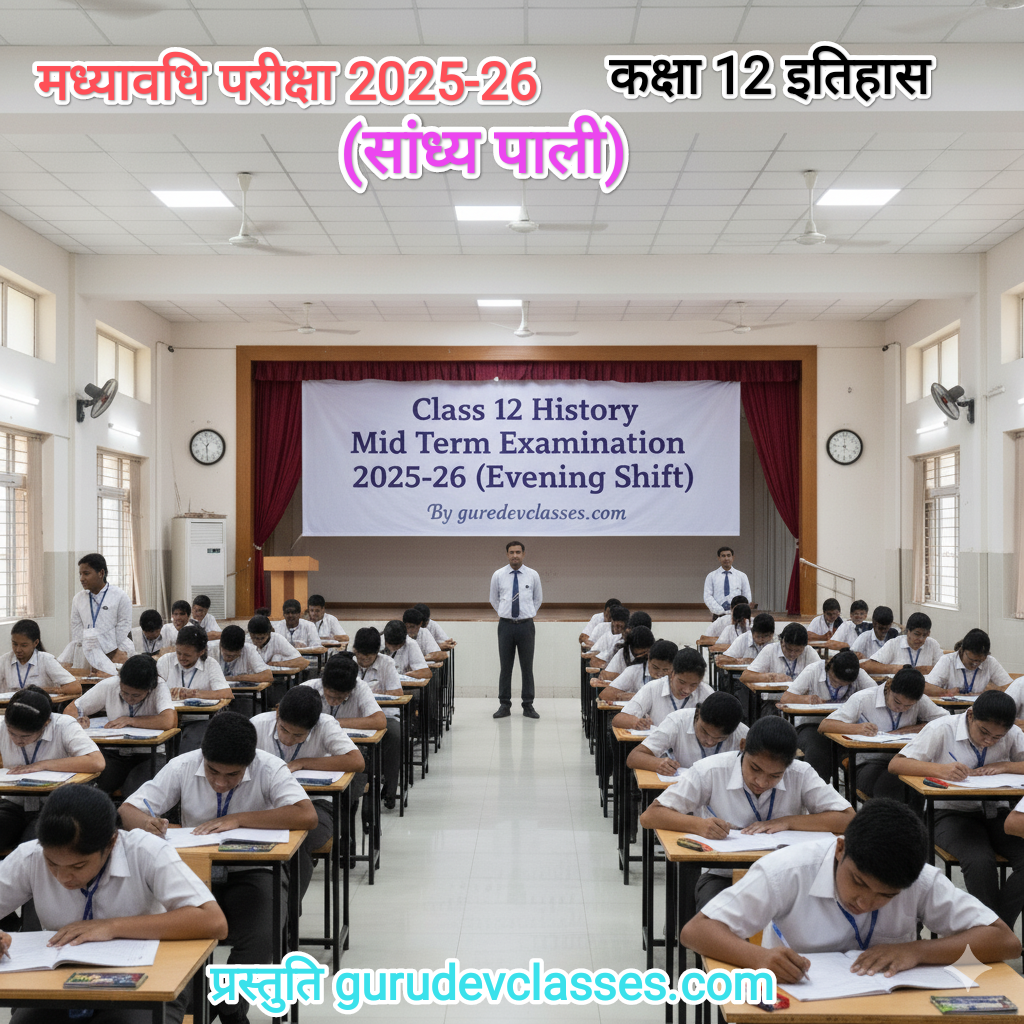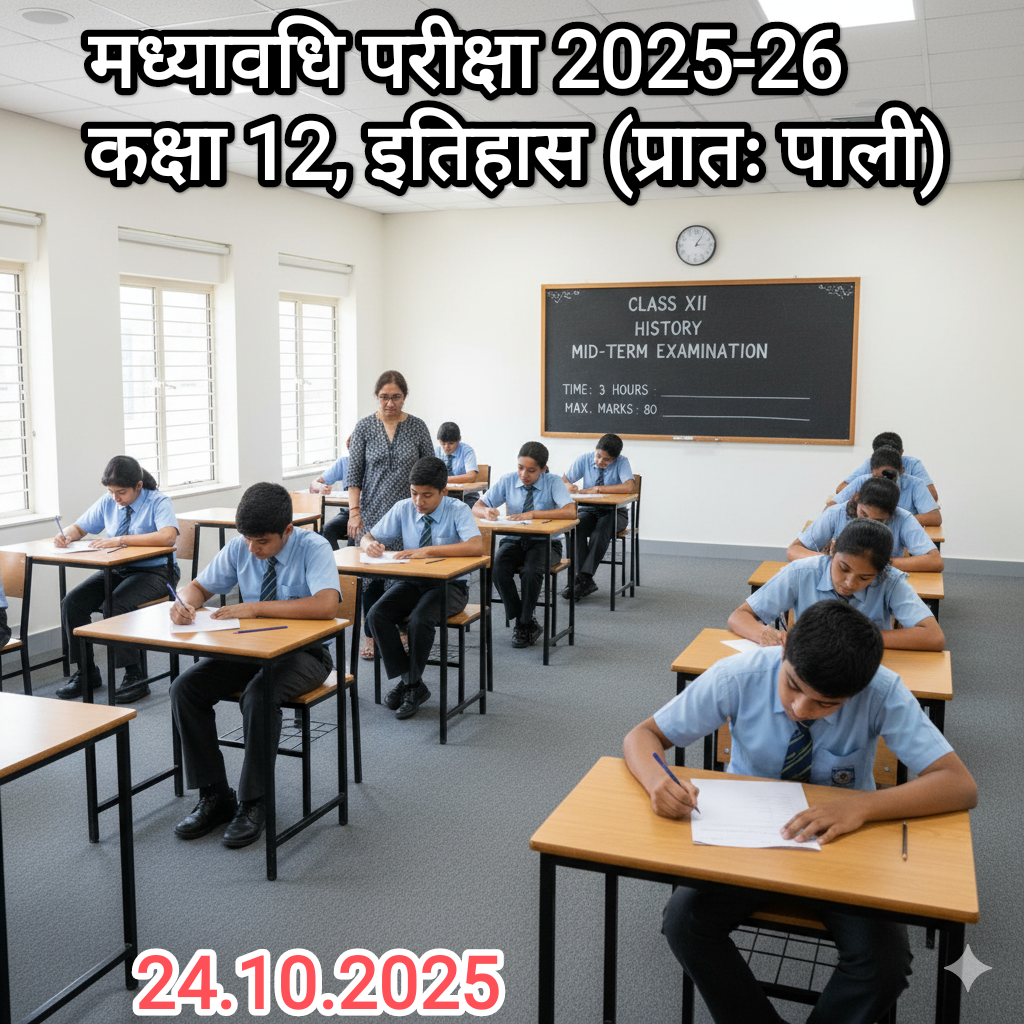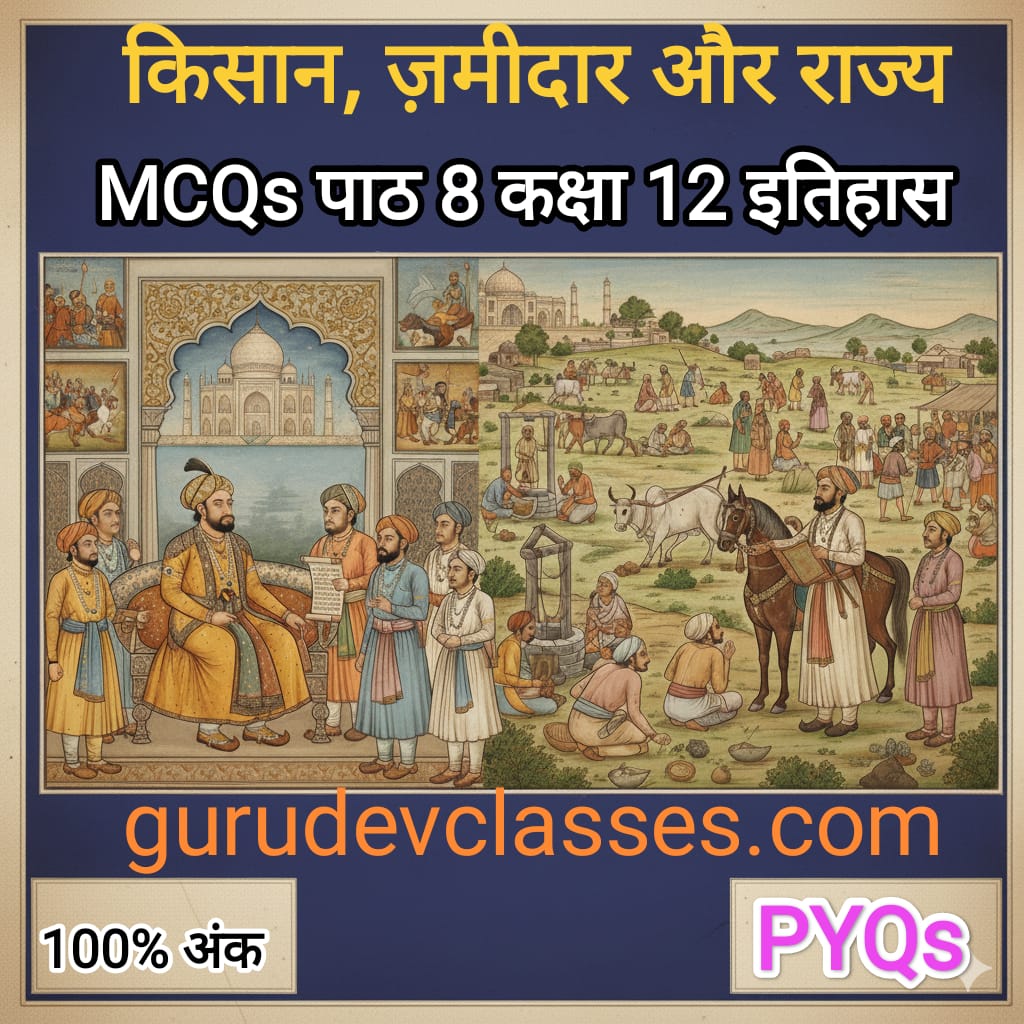📚
✅ 3-Mark Questions (Answer in 80–100 words)
🔷 CBSE Board – Previous Year 3-Mark Questions
Q1. What did Al-Biruni write about the caste system in India? (CBSE 2017)
Answer:
- Al-Biruni noted the rigid fourfold Varna system: Brahmins, Kshatriyas, Vaishyas, and Shudras.
- He observed that the caste divisions were hereditary and restricted social mobility.
- He was critical of the practice of untouchability and the way it caused segregation in society.
Q2. What did Ibn Battuta find ‘interesting’ in the postal system of India? (CBSE 2015)
Answer:
- Ibn Battuta admired India’s well-organized postal system.
- There were two types of postal systems: one for royal messages and another for ordinary news.
- The system used runners stationed every 4 miles, and it helped quick communication throughout the vast empire.
Q3. What impressions did Bernier have about the condition of Indian women? (CBSE 2011)
Answer:
- Bernier criticized the lack of freedom for Indian women, especially among the upper classes.
- He was shocked by the practice of Sati and child marriage.
- He believed that Indian women were subordinated and confined due to social customs and norms.
Q4. How did Ibn Battuta describe the cities of India? (CBSE 2009)
Answer:
- Ibn Battuta described Indian cities as densely populated, prosperous, and well-developed.
- He appreciated the vibrant markets, diverse crafts, and luxurious lifestyles of the elite.
- Cities like Delhi and Daulatabad were full of economic and cultural activity.
Q5. What were Bernier’s views on crown ownership of land in India? (CBSE 2014)
Answer:
- Bernier argued that in Mughal India, all land belonged to the emperor.
- This prevented private ownership, leading to no motivation for improving land productivity.
- He believed this system caused poverty, oppression, and economic stagnation.
🔷 NCERT Textbook 3-Mark Questions and Answers
Q1. Discuss Al-Biruni’s description of the caste system.
Answer:
- Al-Biruni observed that Indian society was divided into four Varnas, with specific duties.
- He noted that caste was rigid and hereditary, leading to social segregation.
- He compared it with Islamic equality, but still tried to understand it objectively.
Q2. Compare and contrast the perspectives of Ibn Battuta and Bernier on Indian cities.
Answer:
- Ibn Battuta found Indian cities vibrant, safe, and prosperous.
- Bernier saw them as dirty, chaotic, and lacking in civic planning.
- The contrast arose from their backgrounds—Ibn admired urban richness, Bernier judged by European standards.
✅ 8-Mark Questions (Answer in 250–300 words)
🔷 CBSE Board – Previous Year 8-Mark Questions
Q1. Explain the contributions of Al-Biruni as a source of Indian history. (CBSE 2020, 2016)
Answer:
- Al-Biruni came to India with Mahmud of Ghazni and stayed for 13 years.
- He authored Kitab-ul-Hind, which explored religion, caste, science, customs, and philosophy.
- He used a comparative approach, relating Indian ideas with Greek and Islamic philosophies.
- He wrote in Arabic, used Sanskrit texts, and interacted with scholars.
- Criticized caste rigidity, untouchability, and lack of openness.
- Praised Indian astronomy, mathematics, and metaphysics.
- Language barriers and upper-caste focus limited his understanding.
- Despite biases, his work remains a valuable historical source.
Q2. How did Bernier portray a negative image of Indian society? Explain with examples. (CBSE 2013, 2018)
Answer:
- Bernier described India as a land of despotism, inequality, and backwardness.
- Claimed the emperor owned all land, leading to no private property, poverty, and decline.
- Criticized the Mughal administration for being corrupt and inefficient.
- Highlighted Sati, child marriage, and purdah as signs of women’s subjugation.
- Compared India unfavorably with France, suggesting Europe was superior.
- He ignored regional diversity and complexity of Indian society.
- His writings were shaped by Eurocentric views.
- Still useful as a European outsider’s perspective on Mughal India.
Q3. Discuss the unique features of Ibn Battuta’s account of India. (CBSE 2010, 2017)
Answer:
- Ibn Battuta travelled extensively in India during Muhammad bin Tughlaq’s reign.
- He documented cities, customs, administration, and social life.
- Admired India’s postal system, urban prosperity, and hospitality.
- Mentioned religious diversity and law enforcement.
- Noted Sati, slavery, and gender norms.
- Found climate harsh, especially in northern India.
- His writing was vivid, personal, and adventurous.
- Provides a unique window into 14th-century India, despite some exaggeration.
Q4. What are the problems faced by historians in using travellers’ accounts as sources? (CBSE 2015)
Answer:
- Traveller accounts are subjective and reflect personal biases.
- Often exaggerated or romanticized descriptions.
- Limited interaction with lower classes and women.
- Language and cultural barriers affected understanding.
- Travelled to elite centers only – no coverage of rural areas.
- Wrote to impress patrons or audience back home.
- Focused on strange or exotic aspects, ignoring normal life.
- Need to be corroborated with other sources like inscriptions or local records.
🔷 NCERT Textbook 8-Mark Questions and Answers
Q1. Compare and contrast the perspectives of Al-Biruni, Ibn Battuta, and Bernier on Indian society.
Answer:
- Al-Biruni (11th century) focused on religion, caste, and philosophy. Objective but text-dependent.
- Ibn Battuta (14th century) highlighted urban life, customs, administration. Personal and detailed.
- Bernier (17th century) focused on politics, land system, inequality. Eurocentric and critical.
- Al-Biruni tried to understand, Battuta enjoyed observation, Bernier made judgments.
- All viewed caste hierarchy, but with different interpretations.
- Al-Biruni saw India’s intellectual richness, Bernier saw poverty and despotism, Ibn Battuta saw vibrancy.
- Each account reflects their purpose and background.
- Combined, their writings give a multi-dimensional view of Indian society.







